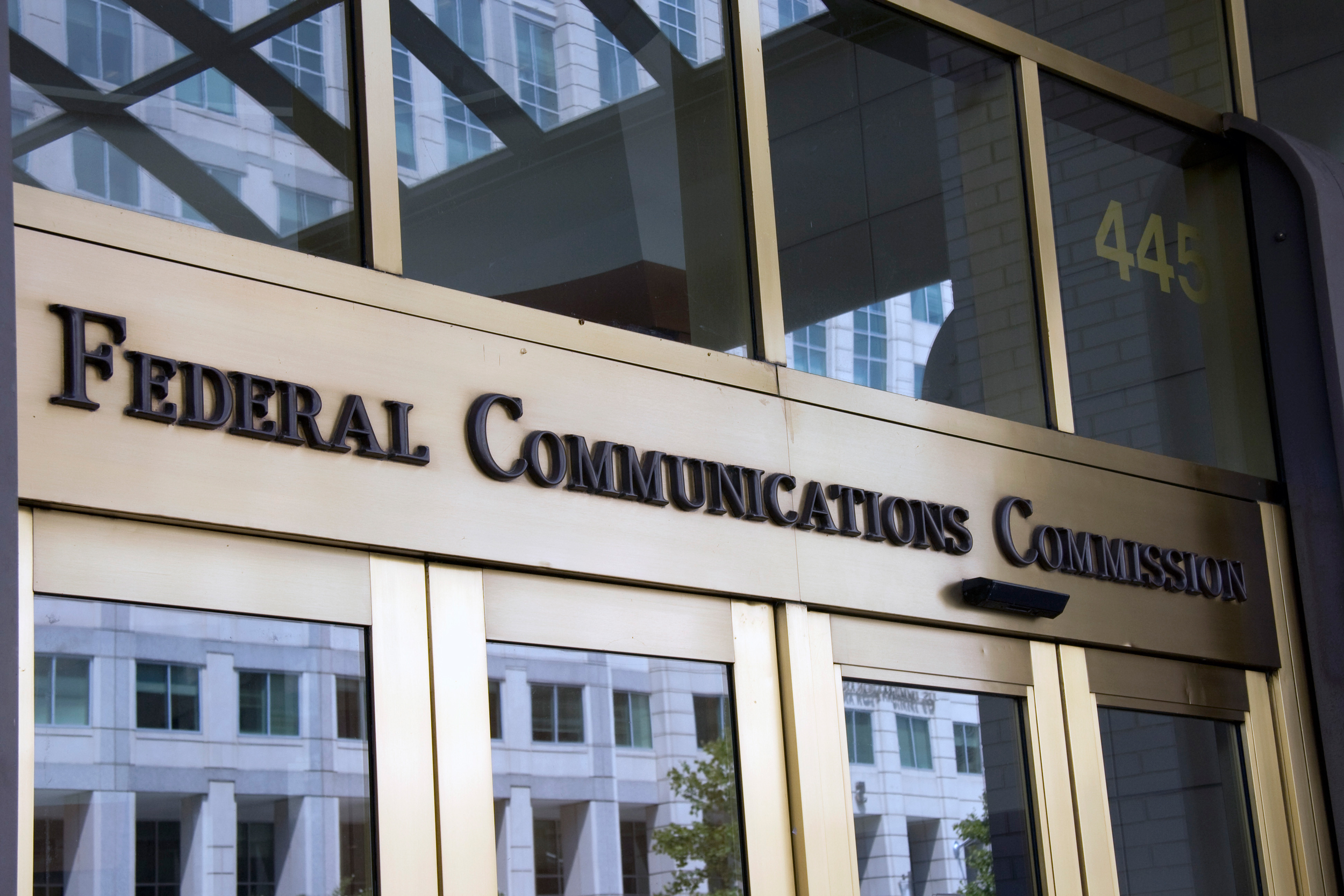FCC Loosens the Lid on KidVid

The smarter way to stay on top of broadcasting and cable industry. Sign up below
You are now subscribed
Your newsletter sign-up was successful
The FCC is allowing broadcasters to offload some of their educational/informational children’s programming to multicast channels and will let them pre-empt E/I programming for local sports and specials, not just news, citing the proliferation of alternative platforms for kid-friendly video, including online. But opponents say the internet is hardly a safe video haven for kids and the old rules were hardly a burden.
It is the first major revamp of the rules governing educational and informational (E/I) content since they were adopted almost a quarter-century ago. FCC chairman Ajit Pai signaled that the rules were being dislodged from regulatory amber to meet a marketplace brimful of content for children on multiple platforms.
FCC Republicans say the “modest” rule revamp, spearheaded by commissioner Michael O’Rielly, was just a way to give broadcasters more programming flexibility while preserving the basic mandate for the dwindling number of kids who still favor broadcast educational kids’ fare over the wealth of it elsewhere, including online.
The revamp was called “modest” because while the FCC initially considered lifting the three-hour-per-week E/I requirement, it did not, and it continues to require most content to air on the primary channel. And while the FCC will now allow for more unscheduled, short-form E/I programming, the majority of such content must still be weekly, regularly scheduled and at least a half-hour in length.
Democrats, including those in Congress, and kids’ TV advocates were still crying foul, including citing an issue much in the news. That would be criticism of edge providers for collecting kids’ personal data or delivering inappropriate content, or arguing they are not bound by statutory kids’ privacy protections.
Broadcasters would have preferred even more deregulation from the FCC, but sounded happy with what they got.
There was even something for cable operators.
The smarter way to stay on top of broadcasting and cable industry. Sign up below
While O’Rielly said the revamp did not achieve the procedural “simplification” he had sought, it does decrease the frequency with which cable operators have to collect and post KidVid certifications from programmers they carry, a deregulatory move celebrated by ACA Connects, which represents smaller, independent operators.
Contributing editor John Eggerton has been an editor and/or writer on media regulation, legislation and policy for over four decades, including covering the FCC, FTC, Congress, the major media trade associations, and the federal courts. In addition to Multichannel News and Broadcasting + Cable, his work has appeared in Radio World, TV Technology, TV Fax, This Week in Consumer Electronics, Variety and the Encyclopedia Britannica.

